The Jeep 3.2 engine is popular but not without issues. Common problems include oil leaks, cylinder head failure, engine failure, and ignition issues. These can affect performance and even lead to engine failure.
But don’t worry, there are quick fixes. Simple steps like regular maintenance and using quality parts can go a long way. These can prevent minor issues from becoming major headaches.
So, why should you keep reading? Because knowing is half the battle. This article will guide you through exploring Jeep 3.2 engine problems, their symptoms, and how to fix them.
Common Problems and Their Symptoms of Jeep 3.2 Engine
| # | Problem | Symptoms | Causes |
|---|---|---|---|
| 1 | Cylinder Head Failure | Overheating, power loss, engine knocking | Overheating, poor maintenance, low-quality oil |
| 2 | Engine Failure | Sudden loss of power, stalling | Poor maintenance, overheating, oil leaks |
| 3 | Oil Pump Issue | Low oil pressure, engine overheating | Wear and tear, poor maintenance, oil quality |
| 4 | Overheating | High-temperature reading, steam | Low coolant, thermostat, water pump issues |
| 5 | Rocker Arm Issue | Ticking noises, poor performance | Wear and tear, poor oil, faulty rocker arm |
| 6 | Engine Cranked Sounds | Loud cranking, startup issues | Failing starter, weak battery, electrical problems |
This concise guide will go into the common issues affecting this engine in detail and the telltale symptoms that signal trouble ahead. Stay tuned.
Cylinder Head Failure
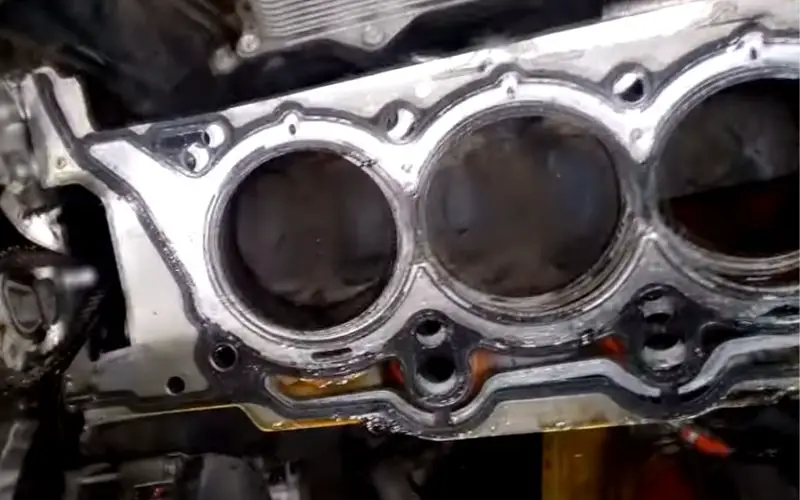
The Jeep 2.5 engine can suffer from cylinder head failure. This is a serious issue. It can lead to engine overheating and poor performance.
You might even experience complete engine failure. This problem can turn your Jeep into a large paperweight.
Symptoms of the Problem
- Engine overheating
- Loss of power
- Poor fuel economy
- Smoke from the exhaust
- Engine knocking sounds
Cause of the Problem
The main causes often include overheating and poor maintenance. Using low-quality oil can also contribute. These factors can lead to the cylinder head warping or cracking.
Step-by-Step Solution
- Check for Overheating: Monitor the temperature gauge. If it’s high, you may have a problem.
- Inspect Cylinder Head: Look for cracks or warping. Replace if needed.
- Use Quality Oil: Always use high-grade oil to prevent further damage.
- Check Cooling System: Make sure it’s working well to prevent overheating.
- Consult a Mechanic: If the problem persists, get professional help. A mechanic can offer a detailed diagnosis and repair.
Follow these steps to tackle cylinder head failure in your Jeep 2.5 engine. Keep your engine healthy and your drives smooth. Don’t let cylinder head issues stop you in your tracks.
Engine Failure
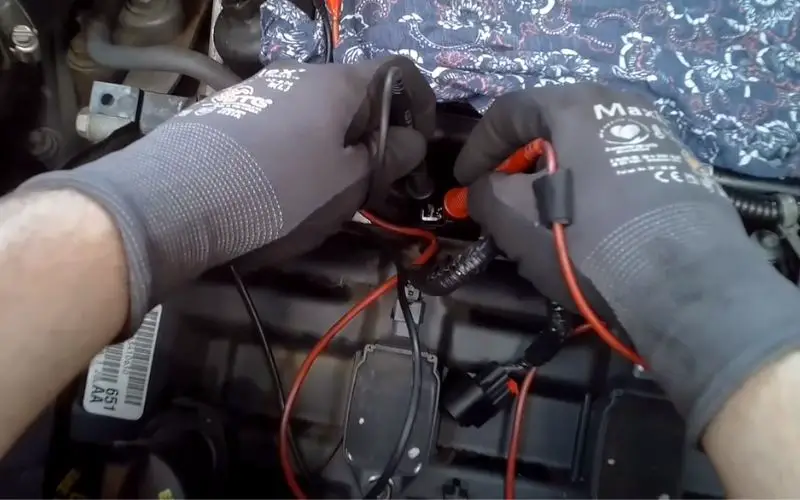
One moment, you’re driving, and the next, your Jeep won’t move. This can be both dangerous and costly.
Engine failure can turn your vehicle into a useless hunk of metal.
Symptoms of the Problem
- Sudden loss of power
- Engine stalling
- Unresponsive gas pedal
- Loud clanking noises
- Warning lights on the dashboard
Cause of the Problem
The main causes often include poor maintenance, overheating, and oil leaks. Using low-quality fuel can also be a factor.
These issues can lead to severe engine damage.
Step-by-Step Solution
- Check Warning Lights: If lights are on, get your Jeep checked.
- Inspect Oil Levels: Low oil can cause engine failure. Refill if needed.
- Check Cooling System: Make sure it’s functioning to avoid overheating.
- Use Quality Fuel: Always opt for high-grade fuel to keep the engine healthy.
- Consult a Mechanic: If you notice any symptoms, get professional help immediately.
Oil Pump Issue
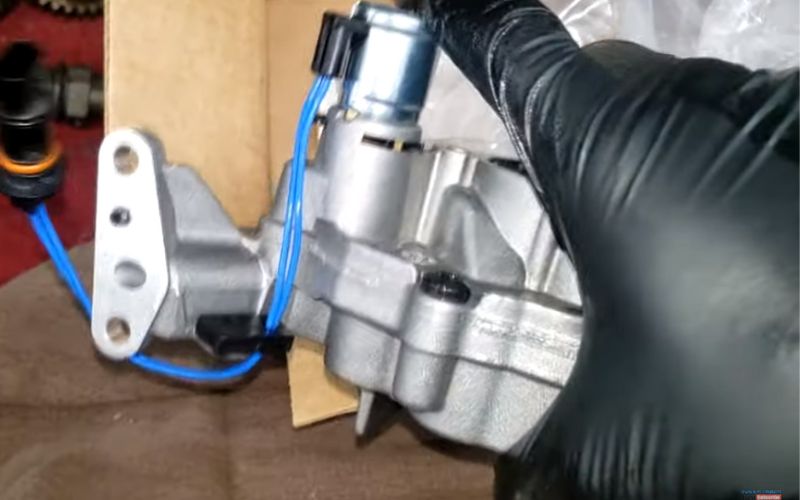
If it fails, your engine can suffer. This can lead to poor performance and even engine failure. It’s a problem you can’t ignore.
Symptoms of the Problem
- Low oil pressure warning light
- Engine overheating
- Clattering engine noise
- Poor vehicle performance
Cause of the Problem
The main causes often include wear and tear and poor maintenance. Using low-quality oil can also be a factor. These issues can lead to the oil pump failing to circulate oil properly.
Step-by-Step Solution
- Check Oil Level: Make sure the oil level is adequate.
- Inspect Oil Pressure: Use a gauge to check oil pressure. Low pressure is a warning sign.
- Use Quality Oil: Opt for high-grade oil to keep the pump and engine healthy.
- Replace Oil Pump: If the pump is damaged, replace it.
- Consult a Mechanic: For a thorough check, consult a mechanic.
Overheating
It can happen on hot days or during long drives. When it does, your engine is at risk. Overheating can lead to engine failure and costly repairs.
You need to act fast.
Symptoms of the Problem
- High-temperature gauge reading
- Steam from the hood
- Engine warning lights
- Loss of power
Cause of the Problem
Common causes include low coolant levels and a faulty thermostat. A damaged water pump can also be to blame. These issues prevent the cooling system from doing its job.
Step-by-Step Solution
- Check Coolant Level: Make sure it’s full. Add more if needed.
- Inspect the Thermostat: If it’s faulty, replace it.
- Check the Water Pump: Make sure it’s working. Replace if damaged.
- Use Quality Coolant: Always use the recommended type.
- See a Mechanic: If symptoms persist, consult a professional.
Rocker Arm Issue
Rocker arm issues in the Jeep 2.5 engine can be a headache. They play a key role in opening and closing valves.
When they fail, your engine suffers. You may notice a drop in performance and even engine damage over time.
Symptoms of the Problem
- Ticking or tapping noises from the engine
- Poor engine performance
- Reduced fuel efficiency
- Engine misfires
Cause of the Problem
Wear and tear is a common cause. Poor oil quality can also be a factor. Sometimes, the issue is a faulty rocker arm itself.
These problems can lead to engine failure if not addressed.
Step-by-Step Solution
- Check Noise Source: Identify where the noise is coming from.
- Inspect Rocker Arms: Look for signs of wear or damage.
- Check Oil Quality: Make sure you are using the right oil.
- Replace Rocker Arms: If they are damaged, replace them.
- Consult a Mechanic: If the problem persists, get professional help.
Engine Cranked Sounds
Cranking sounds when starting your Jeep 2.5 engine can be concerning. They often indicate starter or battery issues.
Ignoring these sounds may result in a non-starting engine, leaving you stranded.
Symptoms of the Problem:
- A loud cranking noise during engine startup.
- The engine fails to start despite multiple attempts.
- Sluggish engine turnover, making starting the vehicle difficult.
- Dimming dashboard lights during startup.
Cause of the Problem:
A failing starter, a weak battery, or poor electrical connections typically cause cranking sounds.
Step-by-Step Solution:
- Check Battery: Ensure your battery is fully charged and replace it if it’s old or weak.
- Inspect Starter: Look for signs of wear or damage on the starter; replace it if necessary.
- Check Electrical Connections: Loose or corroded connections can cause cranking sounds; tighten and clean them.
- Test Ignition Switch: A faulty ignition switch can also be the culprit; replace it if needed.
- Consult a Mechanic: If the problem persists, seek professional assistance for a comprehensive diagnosis and solution.
How to Take Preventive Measures?
Preventing engine problems starts with you.
- First, stick to a regular maintenance schedule.
- Change the oil and fialters on time.
- Next, pay attention to your engine’s sounds and performance. If something feels off, it probably is.
- Don’t ignore warning lights on your dashboard. They’re your first clue that something’s wrong. Use an OBD-II scanner to check for issues before they get worse.
- Lastly, consult your mechanic for regular check-ups. They can spot issues you might miss. Remember, prevention is better than cure.
Keep these steps in mind, and you’ll avoid bigger issues down the road. Stay ahead of problems, not behind them.
Final Thoughts
Taking a proactive approach to maintaining your Jeep 2.5 engine is the key to trouble-free driving.
By staying on top of regular maintenance, paying attention to symptoms, and promptly addressing any issues, you can keep your engine running smoothly and avoid more significant problems.
Prevention is always better than cure, so take care of your Jeep to enjoy worry-free journeys.
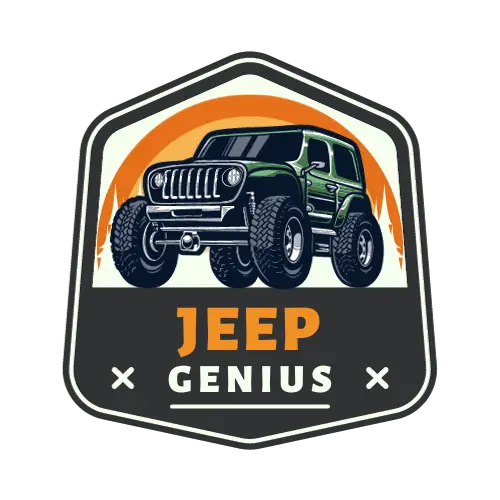
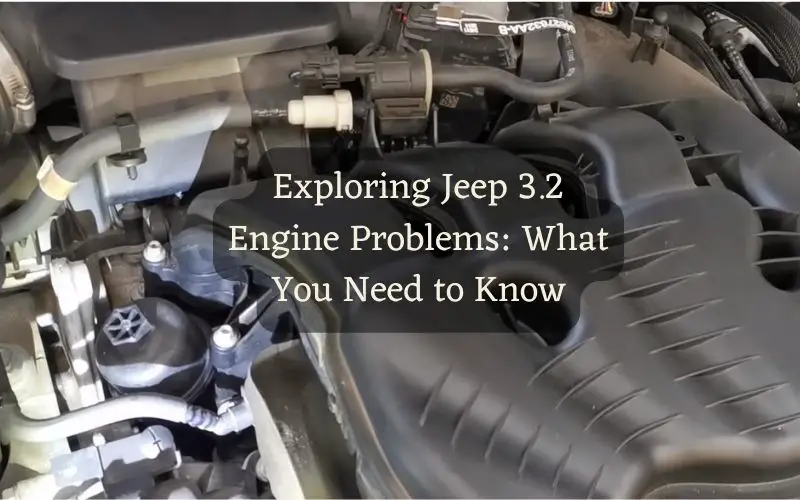
Leave a Reply